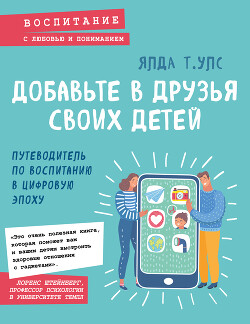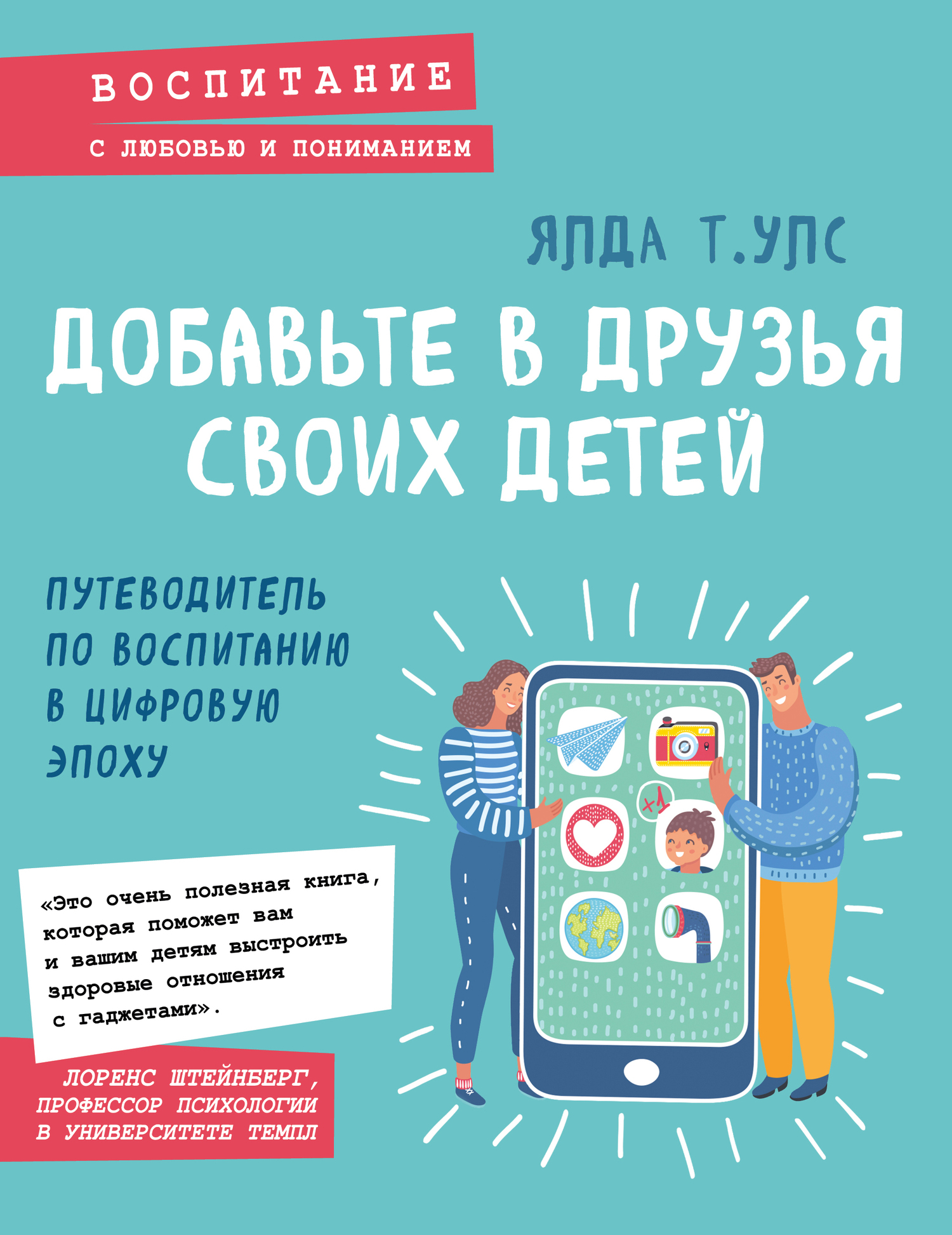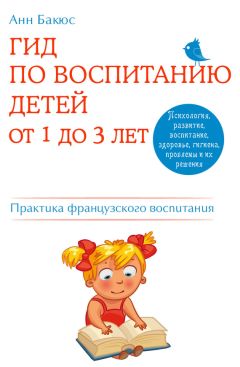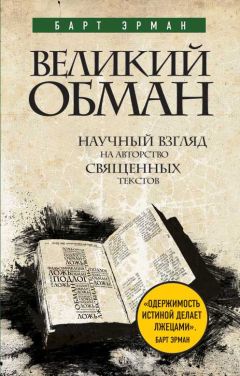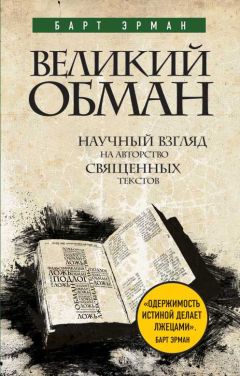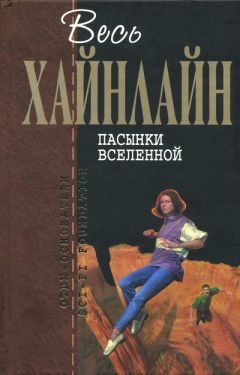Richtel, M. “In Classroom ofFuture, Stagnant Scores,” New York Times, September 3, 2011. http://www.nytimes.com/2011/09/04/technology/technology-in -schools-faces-questions-on-value.html?pagewanted=all&_r=0.
Rideout, V.J., U.G. Foehr, and D.F. Roberts. Generation M2: Media in the Lives of 8-18 Year-Olds. Menlo Park, CA: Kaiser Family Foundation, 2010.
Robb, M.B., R.A. Richert, and E. Wartella. “Just a Talking Book? Word Learning from Watching Baby Videos.” British Journal of Developmental Psychology 27 (2009): 27-45.
Roberts, D.F., U.G. Foehr, and V.J. Rideout. Generation M: Media in the Lives of 8-18 Year-Olds. Kaiser Family Foundation, March 2005.
Ronson, Jon. “How One Stupid Tweet Blew Up Justine Sacco’s Life.” New York Times, February 12, 2015. http://www.nytimes.com/2015/02/15/ magazine/how-one-stupid-tweet-ruined-justine-saccos-life.html.
Roseberry, S., K. Hirch-Pasek, and R.M. Golinkoff. “Skype Me! Socially Contingent Interactions Help Toddlers Learn Language.” Child Development 85 (2014).
Roseberry, S., K. Hirch-Pasek, J. Parish-Morris, and R.M. Golinkoff. “Live Action: Can Young Children Learn Verbs from Video?” Child Development 80 (2009).
Rosen, C. “The Myth of Multitasking.” The New Atlantis, 2008.
Rutherford, L., M. Bittman, and J. Brown. “Effec of New and Old Media on Young Children’s Language Acquisition, Development and Early Literacy: Findings from a Longitudinal Study of Australian Children.” Communication and Community: Proceedings of the 62nd Annual Conference of the International Communication Association, 2012.
Sabina, C., J. Wolak, and D. Finkelhor. “The Nature and Dynamics of Internet Pornography Exposure for Youth.” Cyberpsychology and Behavior 11 (2008).
Sakari, L., N. Perkinson-Gloor, S. Brand, J.F. Dewald-Kaufman, and A. Grob. “Adolescents’ Electronic Media Use at Night, Sleep Disturbance, and Depressive Symptoms in the Smartphone Age.” Journal of Youth and Adolescence 44 (2014).
Schmidt, M.E., M. Rich, S.L. Rifas-Shiman, E. Oken, and E.M. Taveras. “Television Viewing in Infancy and Child Cognition at 3 Years of Age in a US Cohort.” Pediatrics 123 (2009).
Schmidt, M.E., and E.A. Vandewater. “Media and Attention, Cognition and School Achievement.” In Children and Electronic Media, 18:77. Future of Children 1. Princeton, NJ: Brookings Institute, 2008.
Schwartz, H.A., J.C. Eichstaedt, M.L. Kern, L. Dziuezynski, S.M. Ramones, M. Agrawal, A. Shah, et al. “Personality, Gender, and Age in the Language of Social Media: The Open-Vocabulary Approach.” PLOS One 8 (2013).
Segran, E. “The Truth About Teenagers, the Internet, and Privacy.” Fast Company, November 2014. http://www.fastcompany.com/3037962/then-and -now/the-truth-about-teenagers-the-internet-and-privacy.
Shirky, Clay. “Why I Just Asked My Students To Put Their Laptops Away.” Medium.com, 2014. https://medium.com/@cshirky/why-i-just-asked-my -students-to-put-their-laptops-away-7f5f7c50f368.
Siegel, D.J. Brainstorm: The Power and Purpose of the Teenage Brain. New York: Tarcher, 2014.
Silverall, D.L., and MLTI Research and Evaluation Team. A Middle School One-to-One Laptop Program: The Maine Experience. University of Southern Maine: Maine Education Policy Research Institue, 2011.
Small, G.S., T.D. Moody, P. Siddarth, and S.Y. Bookheimer. “Your Brain on Google: Patterns of Cerebral Activation During Internet Searching.” The American Journal of Geriatric Psychiatry 17 (2009): 116—26.
Smith, Jacquelyn. “The Top Jobs for 2014.” Forbes, December 12, 2013. http:// www.forbes.com/sites/jacquelynsmith/2013/12/12/the-top-jobs-for-2014/.
Sparrow, B., J. Liu, and D.M. Wegner. “Google Effects on Memory: Congitive Consequences of Having Information at Our Fingertips.” Science 333 (2011).
Sproull, L., and S Kiesler. “Reducing Social Context Cues: Electronic Mail in Organizational Communication.” Management Science 32, no. 11 (1988): 1492-1512.
SRI International. Blended Learning Report. Michael and Susan Dell Foundation, May 2014.
Steinberg, L. “Cognitive and Affective Development in Adolescence.” Trends in Cognitive Sciences 9 (2005).
Steiner-Adair, C. The Big Disconnect: Protecting Childhood and Family Relationships in the Digital Age. New York: HarperCollins, 2013.
Stroback, T., P.A. Frensch, and T. Schubert. “Video Game Practice Optimizes Executive Control Skills in Dual-Task and Task Switching Paradigms.” Acta Psychologica 140 (2012).
Strouse, G.A., and G.L. Troseth. “Supporting Toddlers’ Transfer of Word Learning from Video.” Cognitive Development 30 (2014).
Subrahmanyam, K., and P.M. Greenfeld. “Effect of Video Game Practice on Spatial Skills in Girls and Boys.” Journal of Applied Developmental Psychology 15 (1994): 13-32.
Subrahmanyam, K., M. Michikyan, C. Clemmons, R. Carillo, Y. T. Uhls, and P.M. Greenfield. “Learning from Paper, Learning from Screen: Impact of Screen Reading and Multitasking Conditions on Reading and Writing Among College Students.” International Journal of Cyber Behavior, Psychology and Learning, 2013.
Subrahmanyam, K., and D. Smahel. Digital Youth: The Role of Media in Development. New York: Springer, 2010.
Tamir, D.I., and J.P. Mitchell. “Disclosing Information About the Self Is Intrinsically Rewarding.” Proceedings of the National Academy of Science 109 (2012).
Taylor, V. “Modern Teens More Worried About Missing out than Fitting in: Survey.” New York Daily News, 2014. http://www.nydailynews .com/life-style/teens-worried-missing-fitting-survey-article-1.2005842.
“Teens Online.” Education.com, February 18, 2011. http://www.education.com/ reference/article/Ref_Teens_Online/.
Terlecki, M.S., and N.S. Newcombe. “How Important Is the Digital Divide? The Relation of Computer and Videogame Usage to Gender Differences in Mental Rotation Ability.” Sex Roles 53 (2005).
Thompson, K.M, and F. Yokata. “Violence, Sex and Profanity in Films: Correlation of Movie Ratings with Content.” Medscape General Medicuine 6 (2004).
Tong, F., and M.S. Pratte. “Decoding the Patterns of Human Brain Activity.” Annual Review of Psychology 63 (2012).
Trends in the Prevalence of Sexual Behaviors and HIV Testing, 1991-2013. CDC, 2014. http://www.cdc.gov/healthyyouth/yrbs/pdf/trends/us_sexual_trend _yrbs.pdf.
Troseth, G.L., and J.S. DeLoache. “The Medium Can Obscure the Message: Young Children’s Understanding of Video.” Child 69 (1998): 950-65.
Tummarello, K. “Google’s Cerf: Social Rules, Not Laws, Will Protect Privacy.” The Hill, November 19, 2013. http://thehill.com/policy/technology/ 190810-googles-cerf-social-rules-not-laws-will-protect-privacy.
Turk, G. Look Up, 2014. https://www.youtube.com/watch?v=Z7dLU6fk9QY.
Uhls, Y.T. “To Allow Facebook or Not to Allow Facebook, That Is the Question,” 2012. http://www.huffingtonpost.com/yalda-t-uhls/facebook_b_1447506.html.
Uhls, YT. “What Happens When Kids Go Cold Turkey from Their Screens for 5 Days?,” 2014. http://www.huffingtonpost.com/yalda-t-uhls/what-happens-when-kids-go-cold-turkey-from-their-screens-for-5-days_b_5700805.html.
Uhls, Y.T., and P.M. Greenfield. “The Rise of Fame: An Historical Content Analysis.” Cyberpsychology, 2011.
Uhls, Y. T., and P.M. Greenfield. “The Value of Fame: Preadolescent Perceptions of Popular Media and Their Relationship to Future Aspirations.” Developmental Psychology, 2012.
Uhls, Y.T., M. Michikyan, J. Morris, D. Garcia, G.S. Small, E. Zgourou, and P.M. Greenfeld. “Five Days at Outdoor Education Camp Without Screens Improves Preteen Skills with Nonverbal Emotion Cues.” Computers in Human Behavior, 2014. doi:10.1016/j.chb.2014.05.036.
